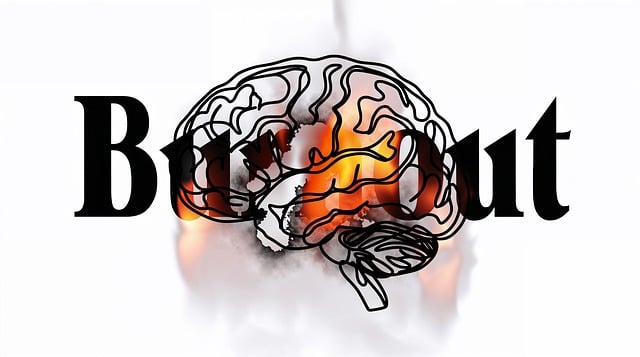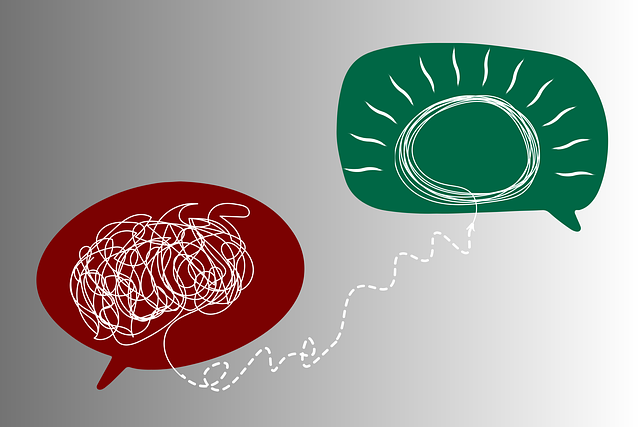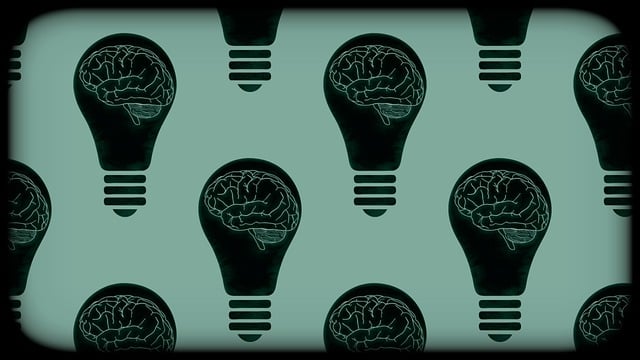Understanding Mental Health Data involves recognizing diverse data sources, from clinical records to online platforms, offering insights into self-care and treatment effectiveness. When analyzing sensitive data like children's sexual addiction (CSA), privacy, confidentiality, and informed consent are paramount. Advanced data analysis techniques, grounded in Mind Over Matter principles, reveal hidden patterns, enhancing cultural sensitivity and improving outcomes for diverse populations. Data-driven interventions tailor support, inform policy, and contribute to better resource allocation, as shown through case studies and podcast series, all focusing on Therapy for Children Sexual Addiction.
Mental health data analysis is a powerful tool in understanding and treating issues like children’s sexual addiction. This article explores the intricate process, from Understanding Mental Health Data: examining collection methods and sources, to Ethical Considerations specific to analyzing sensitive data, especially in young individuals.
We delve into advanced techniques for data interpretation, highlighting their potential in improving therapy approaches for children’s sexual addiction. Through case studies, we showcase the real-world impact of data-driven interventions, providing valuable insights for professionals in this field.
- Understanding Mental Health Data: Collection and Sources
- Ethical Considerations in Analyzing Children's Sexual Addiction Data
- Advanced Techniques for Data Analysis and Interpretation
- Applying Insights to Improve Therapy Approaches
- Case Studies: Successful Data-Driven Interventions
Understanding Mental Health Data: Collection and Sources

Understanding Mental Health Data begins with recognizing the diverse sources and methods of collection. This includes clinical records from therapy sessions, surveys filled out by individuals or their caregivers, and even wearable devices tracking physiological indicators related to mental health. In today’s digital era, many platforms offer online therapy for children sexual addiction, providing another avenue for data gathering. These various sources offer a multi-dimensional view, allowing for more nuanced interpretations.
For instance, self-care practices and confidence-boosting techniques often emerge from such data. Additionally, self-awareness exercises can be gauged through written reflections or interactive assessments. By analyzing this rich data, mental health professionals gain valuable insights into the effectiveness of treatments, trends in patient populations, and the impact of specific interventions. This information is crucial for tailoring support systems and promoting overall well-being.
Ethical Considerations in Analyzing Children's Sexual Addiction Data

When analyzing mental health data, especially concerning sensitive topics like children’s sexual addiction, ethical considerations become paramount. This is a complex area that requires meticulous handling due to the vulnerable nature of young individuals involved. Researchers and professionals must adhere to strict ethical guidelines to ensure privacy, confidentiality, and informed consent throughout the process. The potential impact on these children’s lives necessitates a responsible approach, where data collection, storage, and interpretation are conducted with utmost care.
The challenge lies in balancing the pursuit of knowledge and evidence-based treatment for children sexual addiction with the preservation of their well-being. Techniques such as mood management and emotional regulation strategies, grounded in mind over matter principles, can be powerful tools during therapy. However, it is crucial to ensure that data analysis methods do not inadvertently cause harm or re-traumatize these young patients. Ethical practices involve rigorous data anonymization, obtaining parental permission, and adhering to strict guidelines for handling sensitive information, thereby fostering a safe environment for healing and growth.
Advanced Techniques for Data Analysis and Interpretation

In the realm of mental health data analysis and interpretation, advanced techniques are revolutionizing how we understand and address complex issues such as therapy for children with sexual addiction. By leveraging sophisticated algorithms and machine learning models, researchers can uncover intricate patterns and insights hidden within vast datasets. These innovative methods go beyond traditional statistical analysis, incorporating Mind Over Matter principles to explore the interplay between cognitive, emotional, and behavioral factors contributing to various mental health conditions.
Cultural sensitivity in mental healthcare practice is another critical aspect enhanced by these advanced techniques. Trauma support services can be tailored more effectively through data-driven insights, ensuring that interventions are culturally responsive and adaptive. By recognizing and accounting for cultural nuances, these approaches foster a more inclusive and effective therapeutic environment, ultimately leading to better outcomes for diverse populations struggling with sexual addiction and related trauma.
Applying Insights to Improve Therapy Approaches

The insights gained from mental health data analysis can significantly enhance therapy approaches, especially for complex issues like children’s sexual addiction. By understanding trends, triggers, and patterns within the data, therapists and counselors can tailor interventions to meet the unique needs of their clients. For instance, analyzing emotional intelligence levels in affected children could reveal specific areas requiring support, enabling more targeted therapy sessions.
Moreover, mental health policy analysis and advocacy can be informed by these findings, shaping strategies to prevent and address such addictions early on. Promoting mental wellness through data-driven initiatives ensures that resources are allocated effectively, leading to better outcomes for children and their families. This approach aligns with broader goals of enhancing mental health services, ultimately aiming to create a more supportive and responsive ecosystem for vulnerable populations.
Case Studies: Successful Data-Driven Interventions

In recent years, mental health data analysis has become a powerful tool in identifying trends and informing treatment strategies. Case studies have shown that data-driven interventions can significantly improve patient outcomes, especially in complex areas such as therapy for children with sexual addiction. By meticulously analyzing large datasets, researchers and clinicians can uncover valuable insights into the effectiveness of various therapeutic approaches, allowing them to tailor treatments to individual needs.
For instance, a mental wellness podcast series production might involve tracking the progress of participants through structured interviews and behavioral assessments. This data could reveal that Social Skills Training combined with Risk Management Planning for Mental Health Professionals leads to better outcomes in treating children with sexual addiction. Such findings can then be disseminated through these podcasts, educating both professionals and parents on successful therapeutic practices, thus fostering a more informed mental health community.
Mental health data analysis is a powerful tool in understanding and treating issues like children’s sexual addiction. By employing advanced techniques and ethical considerations, we can gain valuable insights that drive effective therapy approaches. The case studies presented demonstrate the success of data-driven interventions, offering hope for improved outcomes in the future of therapy for children’s sexual addiction.









